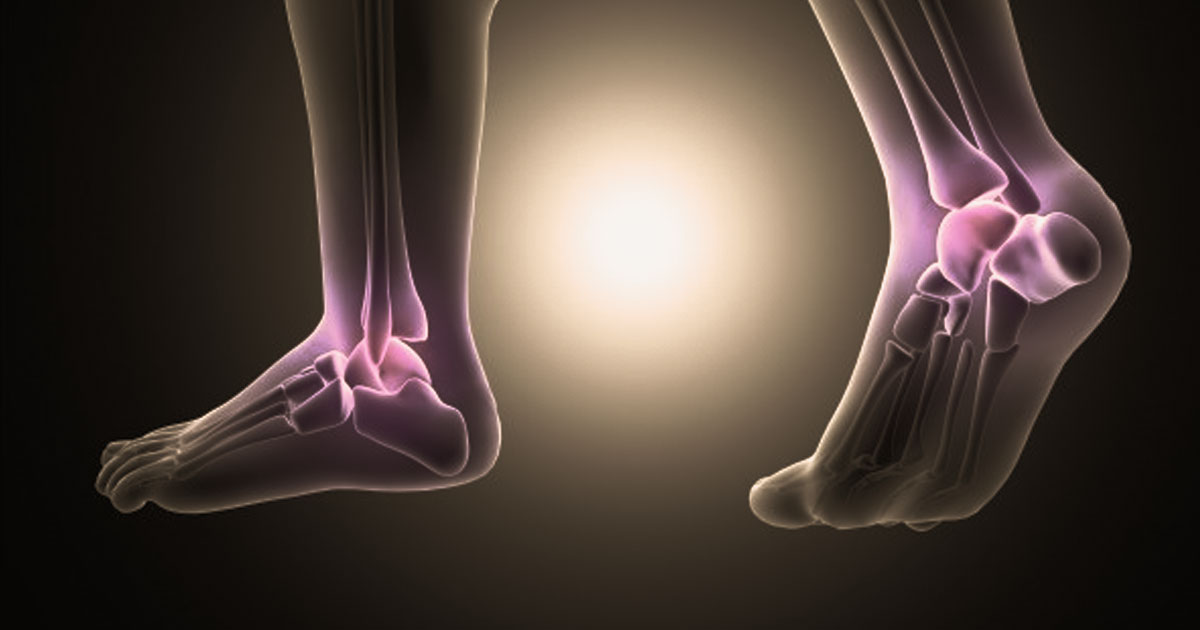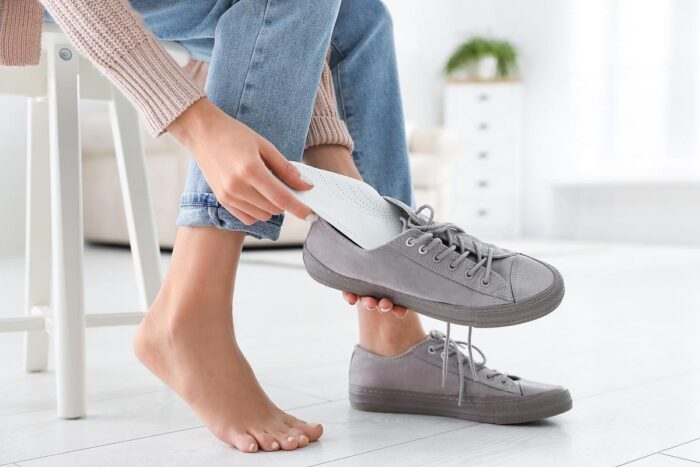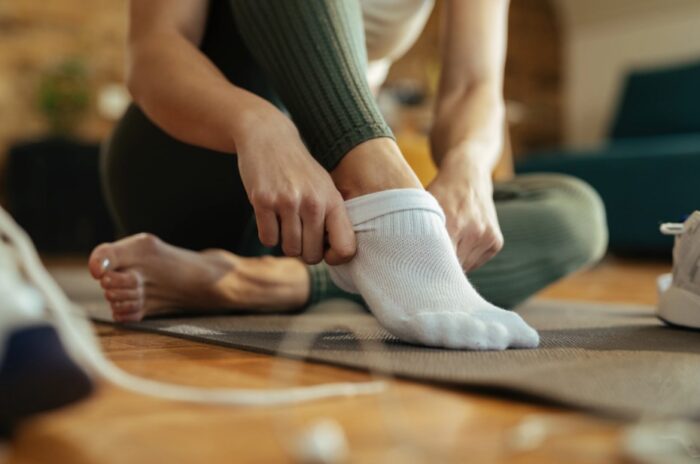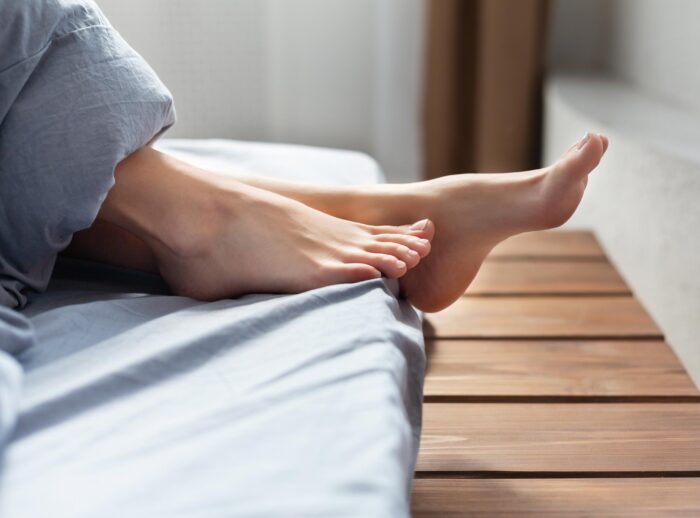
Feet are often taken for granted, but they are an essential part of our daily lives. We use them for walking, running, jumping, and standing, which is why they are susceptible to various injuries.
Foot injuries can range from minor to severe, and they can be caused by a variety of factors.
Fortunately, there are ways to prevent foot injuries, and experienced chiropodists have provided tips to help you keep your feet healthy and injury-free.
1. Choose the Right Footwear

One of the most crucial factors in preventing injuries is choosing the right footwear. Wearing shoes that fit well and provide adequate support can help prevent injuries such as blisters, calluses, and plantar fasciitis.
It’s essential to choose shoes that are the correct size, with enough room for your toes to move freely. The type of shoes you wear also depends on the activity you are engaging in, as different activities require different types of shoes.
One of the most crucial factors in preventing injuries is choosing the right shoes, which is why consulting with a chiropodist vs a podiatrist can be beneficial. These care specialists can provide expert advice on choosing shoes that fit well and provide adequate support to help prevent injuries such as blisters, calluses, and plantar fasciitis. They can also assess any existing foot problems and recommend shoes that can accommodate any specific needs.
2. Wear Socks

Wearing socks is an essential part of foot care that is often overlooked. Socks provide a protective layer between your feet and your shoes, helping to prevent blisters and other skin irritations. They also help to absorb sweat and keep your feet dry, which can reduce the risk of fungal infections and other problems.
The Importance of Wearing Socks
Socks act as a barrier between your feet and your shoes, protecting your skin from friction and pressure. When you wear shoes without socks, the fabric of the shoe rubs against your skin, which can cause blisters, calluses, and other skin irritations. Socks help to reduce this friction and prevent these types of injuries. They also provide an extra layer of cushioning, which can absorb shock and reduce the risk of foot fatigue.
Choosing the Right Socks
When choosing socks, it’s important to consider the material, thickness, and fit. Socks made from materials such as cotton, wool, or synthetic blends are ideal because they are breathable and moisture-wicking, which helps to keep your feet dry and comfortable.
Socks that are too thick or too thin can cause problems, so it’s essential to choose a thickness that is appropriate for your shoes and the activity you will be doing. The fit of your socks is also crucial, as socks that are too tight can restrict blood flow and cause discomfort, while socks that are too loose can bunch up and cause blisters.
3. Practice Good Hygiene

Practicing good hygiene is crucial in preventing foot injuries. Wash your feet regularly with soap and water, and make sure to dry them thoroughly, especially between your toes. Moisture between your toes can lead to skin irritations and fungal infections. Also, avoid walking barefoot in public places, such as gyms, pools, and showers, to avoid picking up fungal infections.
4. Stretch and Strengthen Your Feet

Stretching and strengthening your feet is a crucial aspect of foot care that can help improve flexibility, reduce the risk of injuries, and promote overall foot health.
The Importance of Stretching and Strengthening Your Feet
Stretching and strengthening your feet can help improve your foot’s flexibility, which is essential for maintaining proper balance and preventing injuries. Tight muscles and ligaments can cause pain and discomfort and increase the risk of injuries such as plantar fasciitis and Achilles tendonitis. Strengthening the muscles in your feet and ankles can also improve your foot’s stability and reduce the risk of sprains and other injuries.
Exercises to Strengthen and Stretch Your Feet
There are many exercises you can do to strengthen and stretch your feet. Toe curls, for example, are a great way to strengthen the muscles in your toes and the arch of your foot. To do toe curls, place a towel on the floor and use your toes to scrunch it up. Another exercise is heel raises, which can help strengthen the muscles in your calf and foot. Stand on the edge of a step with your heels hanging off and lift your heels up and down.
Ankle rotations are also beneficial for improving foot flexibility. Sit with your feet flat on the ground and lift one foot off the floor. Rotate your ankle in a circular motion, first clockwise and then counterclockwise.
5. Maintain a Healthy Weight

Maintaining a healthy weight is crucial for overall health, but it is also essential for foot health. Excess weight can put additional stress on your feet and increase the risk of foot problems such as plantar fasciitis, stress fractures, and ankle sprains. In this section, we will explore the importance of maintaining a healthy weight and provide tips for achieving and maintaining a healthy weight.
The Importance of Maintaining a Healthy Weight
Excess weight puts additional stress on your feet, which can cause pain and discomfort and increase the risk of foot problems. For example, plantar fasciitis, which is a common cause of heel pain, is often associated with excess weight. Being overweight can also increase the risk of stress fractures and ankle sprains, as the additional weight puts more pressure on your bones and joints.
Tips for Achieving and Maintaining a Healthy Weight
There are several things you can do to achieve and maintain a healthy weight. Eating a healthy diet that is rich in fruits, vegetables, and whole grains and low in processed foods and sugar is essential. Regular exercise is also crucial, and it is recommended that adults engage in at least 150 minutes of moderate-intensity exercise per week.
Other tips include getting enough sleep, managing stress, and limiting alcohol consumption. These lifestyle factors can all affect your weight and overall health and can help reduce the risk of foot problems associated with excess weight.
Conclusion
In conclusion, taking care of your feet is crucial in preventing foot injuries. By following the tips provided by experienced chiropodists, you can keep your feet healthy and injury-free. Choose the right footwear, wear socks, practice good hygiene, stretch and strengthen your feet, and maintain a healthy weight to ensure your feet remain healthy and pain-free.








